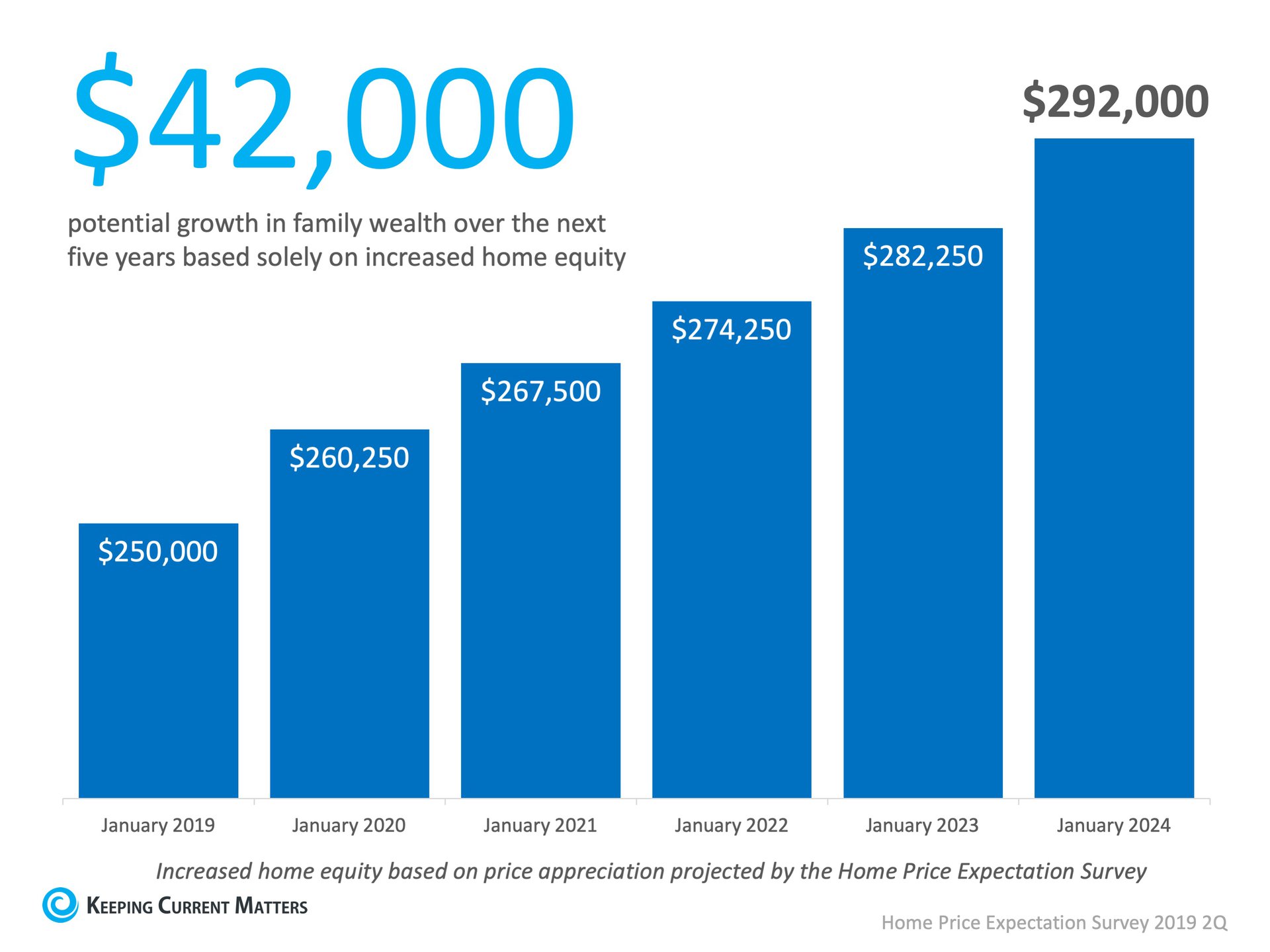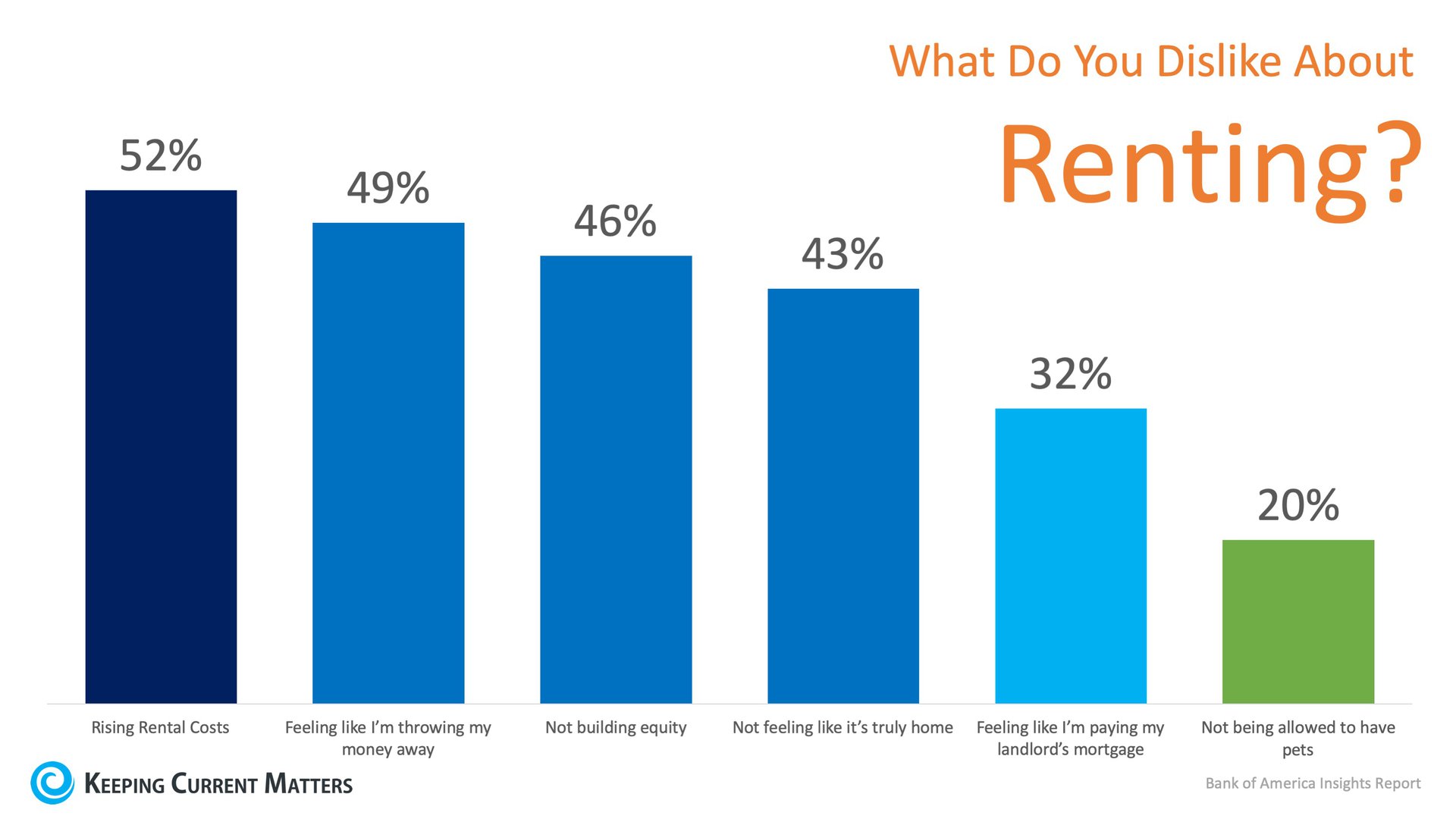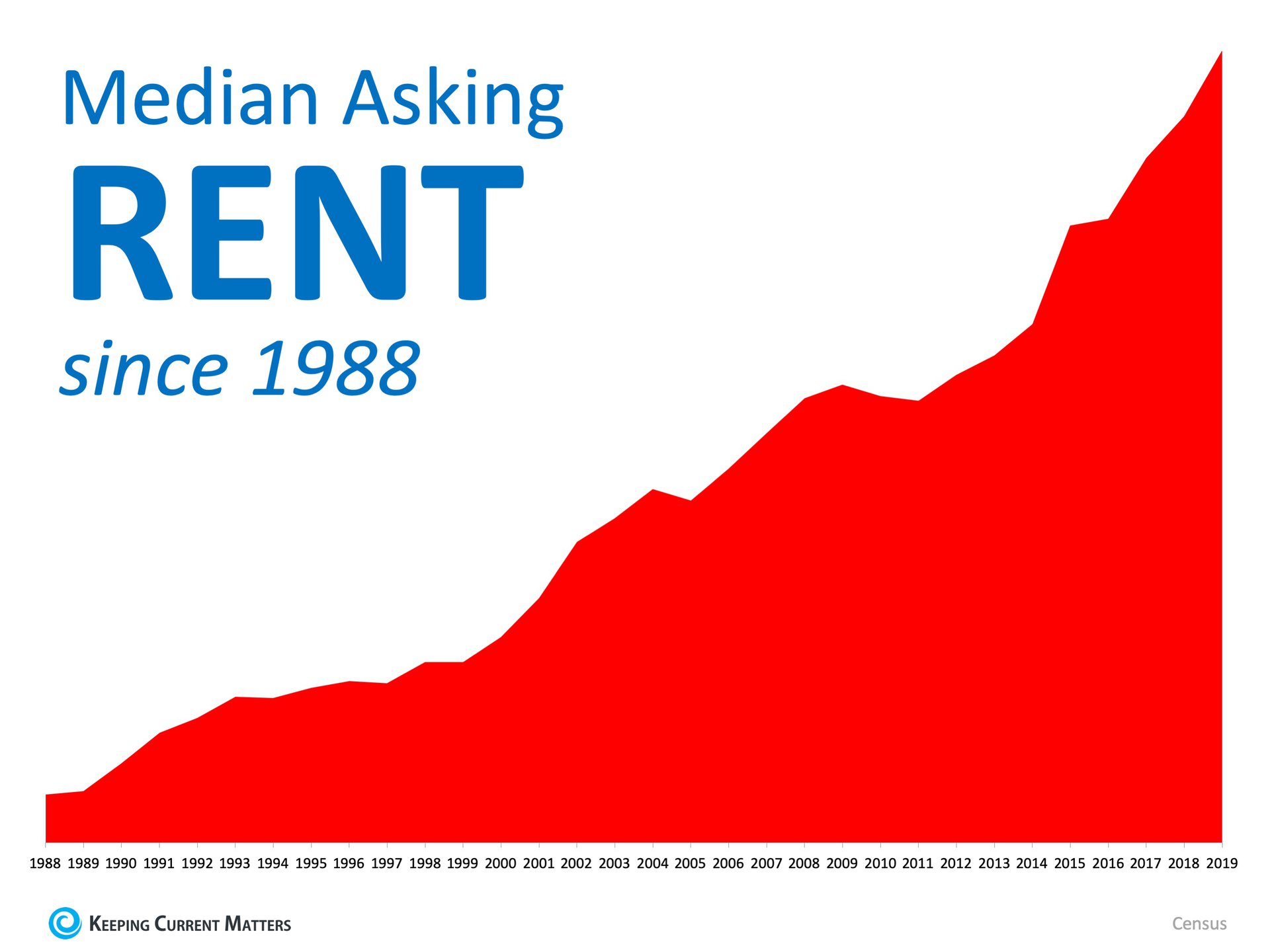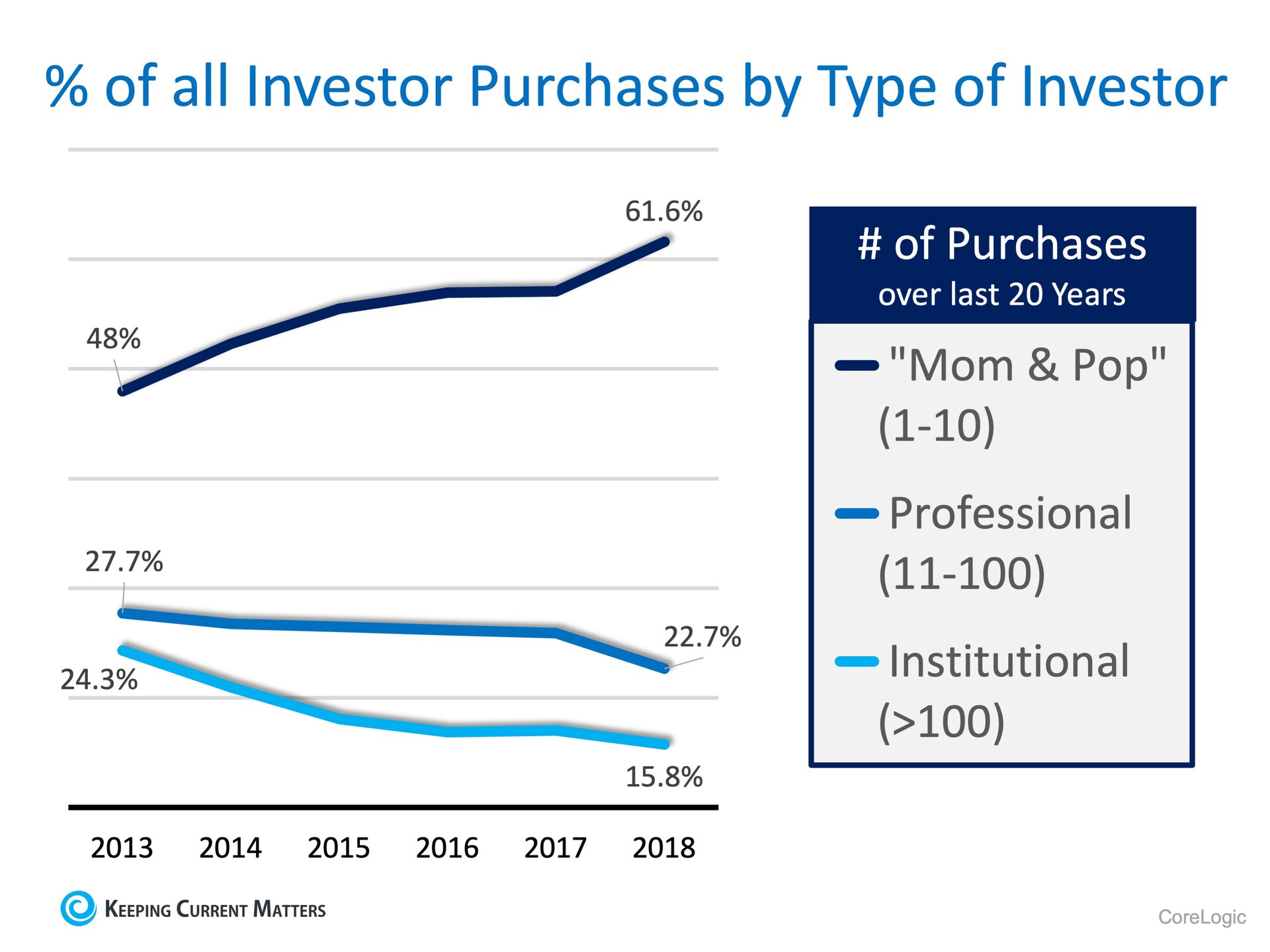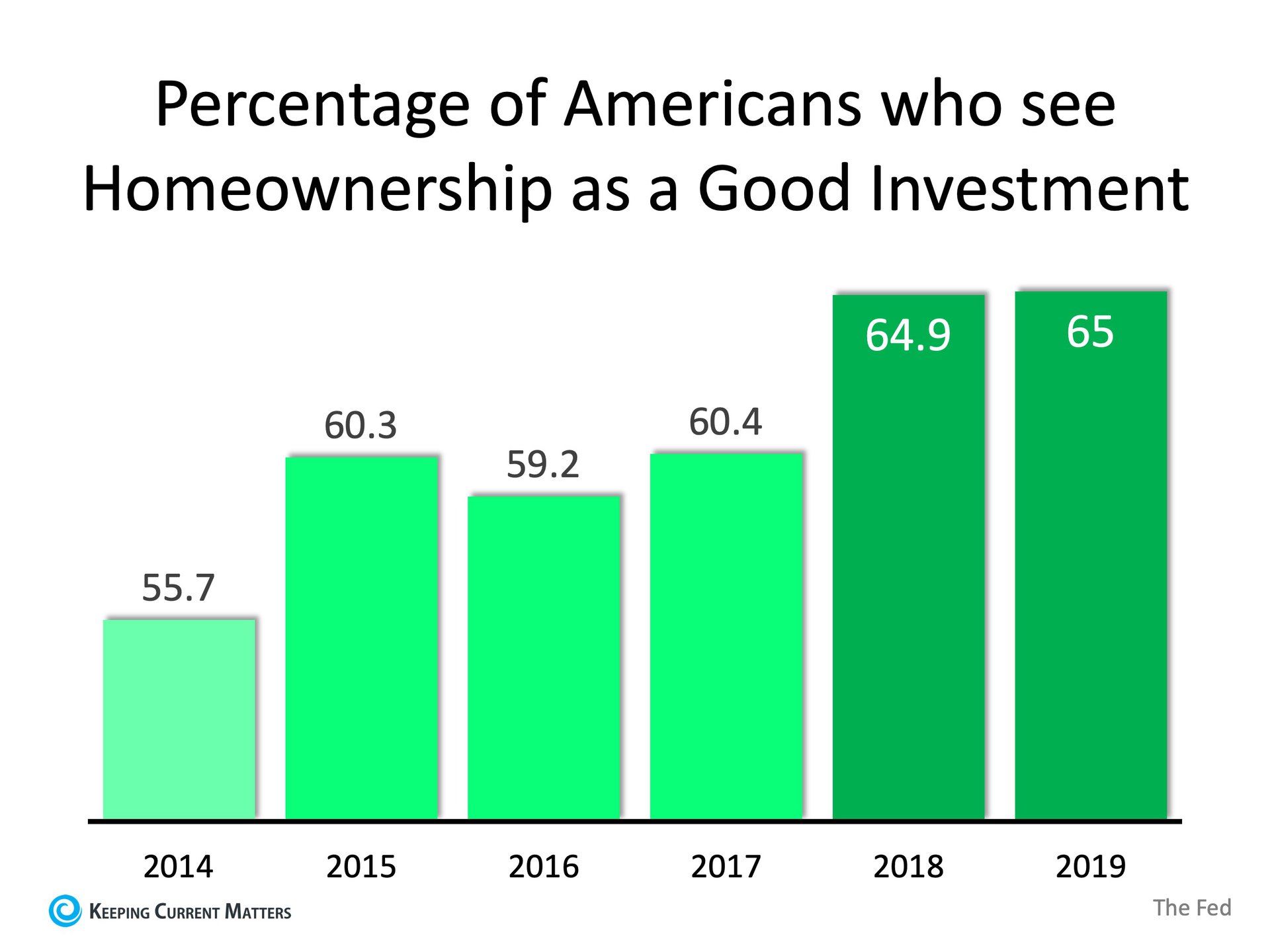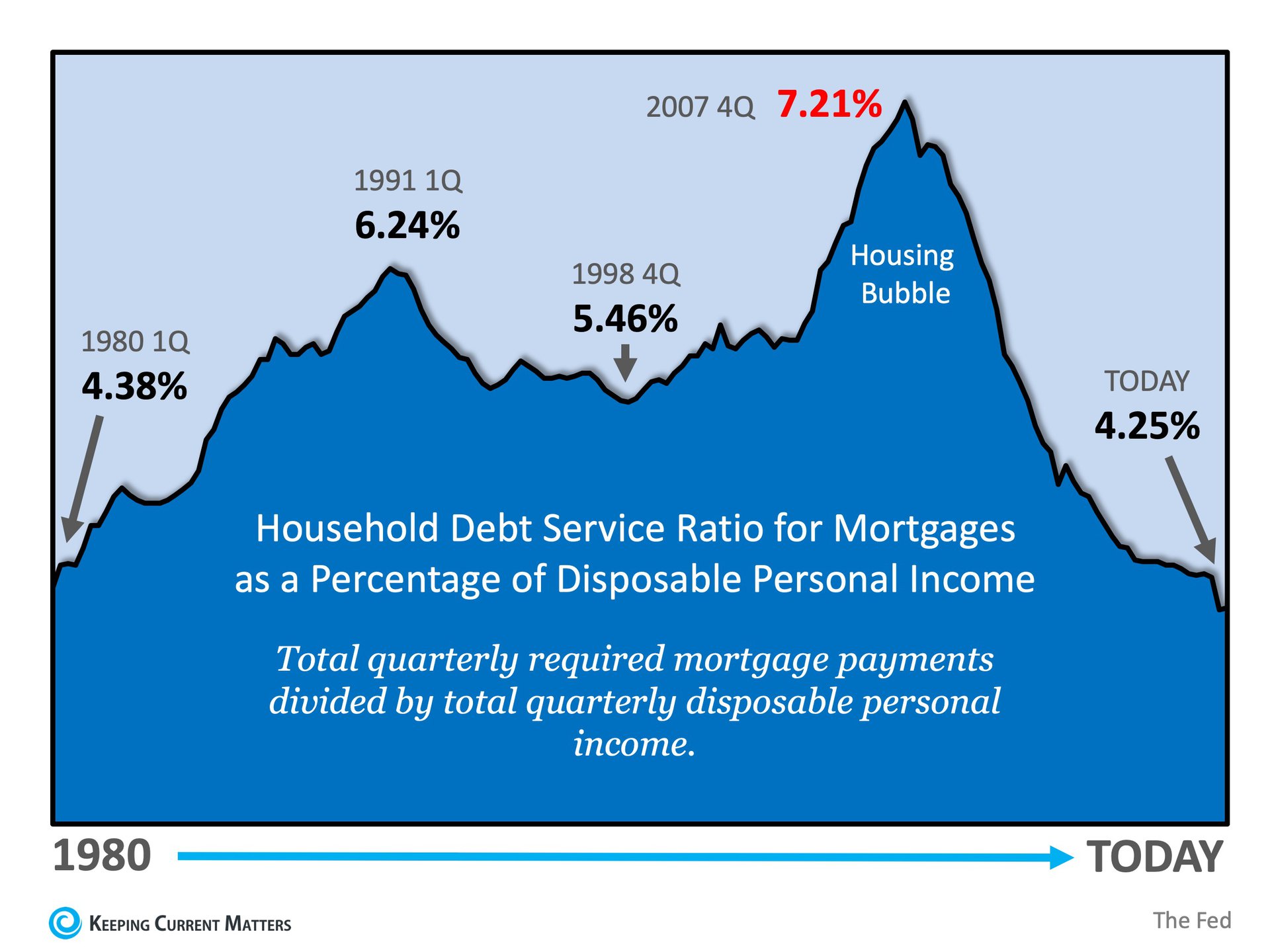Sending the kids outside to play is a time-honored tradition for American families. Many people were raised with plenty of time in their yards to get dirty before coming indoors for dinner. If you want to give your kids a safe and fun place to play in your own yard, what should you consider? Here are some great ways to improve your yard for fun and safety.

Make a Chalkboard
Writing on the sidewalk in chalk is a rite of passage for a lot of small children. It makes for easy cleanup because the chalk washes off in the rain. You can take this to the next level by building an outdoor chalkboard to encourage art at all times.
Paint a section of wood with chalkboard paint, available at most big-box stores. Hang the wood, along with a simple frame, on a vertical surface such as a fence, or build it into the surface of a table for a horizonal play area. Then all it takes is some inexpensive chalk to give your kids hours of creative fun.
Hang a Swing
You can certainly invest in a swingset, but all you really need is a sturdy tree to make a perfect swing for a child. You can use anything from an old skateboard deck to a small tire as the seat of the swing. Tie it securely to a tree branch with a thick rope, and you have a nearly free way to entertain your kids.
Add a Tetherball
With the same ingenuity, you can make sure your kids stay active outside with a tetherball. There are commercially available tetherball sets, or you can use an old ball and some rope to create the same experience. And with this outdoor play option, you'll never have to chase a ball into the street or apologize because it's in your neighbor's yard again.
Build a Trampoline
Many parents are concerned about the safety of trampolines. One way to have a safer trampoline in your yard is to build it into the ground, much as you would do with an in-ground pool. Depending on the size of your trampoline, you need to sink it deep enough to ensure safe jumping. You can then surround the trampoline with a mesh safety barrier.
Hang a Quiet-Time Hammock
Not all kids are rough and tumble, and they may need some quiet time. A hanging hammock for reading is a great way to encourage your quieter, indoor-oriented kids to go outside for summer sunshine. This reading nook can be anything from a simple hammock to a more elaborate hanging tent space.
Play With Water
Many of us grew up with the ability to run through the sprinkler on a hot summer day. It's a great cooling-off alternative if you don't have the space or budget for a pool. You don't have to invest tons of money to provide your kids with a safe water feature for play. There are plenty of commercially available toys that can be hooked up directly to your garden hose. Or you can take a more homespun approach by filling a small tub with water for splashing.
Are you looking for more kid-friendly yard ideas? Call us to learn more about creating a safe and attractive yard.


